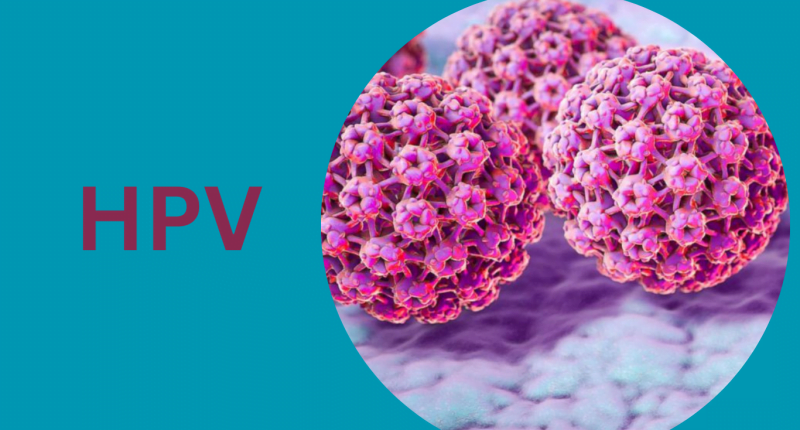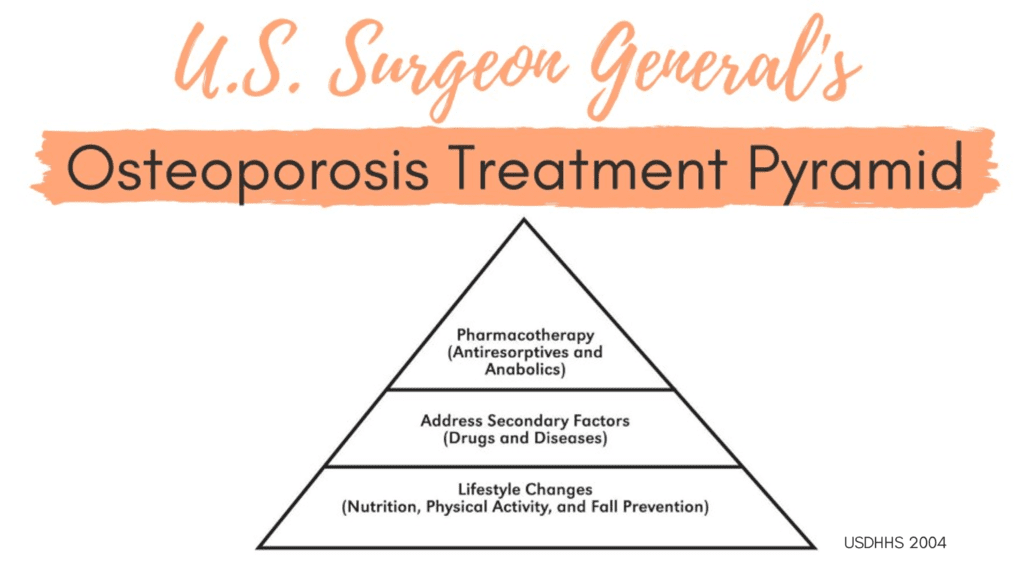Human Papillomavirus (HPV) is a common sexually transmitted infection that affects millions of people around the world. Although many people who have HPV do not experience any symptoms or complications, it is important to understand the risks associated with the virus and take measures to protect your health. In this article, we will explore everything you need to know about HPV, including its types, transmission, symptoms, diagnosis, treatment, vaccines, and impact.
Types of Human Papillomavirus
There are more than 100 types of HPV, and they can be categorized as either low-risk or high-risk. Low-risk HPV is responsible for the development of genital warts, which are typically harmless and do not cause cancer. High-risk HPV, on the other hand, can lead to the development of cancerous cells in the cervix, anus, penis, throat, or other areas of the body. While both types of HPV are sexually transmitted, high-risk HPV is the more concerning of the two.
Transmission and Risk Factors
HPV is transmitted through skin-to-skin contact with an infected area of the body, typically during sexual activity. Anyone who is sexually active is at risk for HPV, but there are certain factors that can increase your risk. These include having multiple sexual partners, having sex at a young age, having a weakened immune system, and smoking. It is also possible to contract HPV through non-sexual activities, such as childbirth or skin-to-skin contact with an infected area.
To reduce your risk of contracting HPV, it is important to practice safe sex by using condoms and limiting your number of sexual partners. You can also reduce your risk by getting vaccinated against HPV and maintaining a healthy lifestyle.
Symptoms
Most people who are infected with HPV do not experience any symptoms and the virus goes away on its own without causing any health problems. However, in some cases, HPV can lead to the development of genital warts, which are small bumps or growths on the genital or anal region.
In more serious cases, HPV can lead to the development of certain types of cancer, including cervical cancer, anal cancer, and throat cancer. It is important to get regular check-ups and screenings to detect any potential complications early on.
Diagnosing HPV
HPV is typically diagnosed through a physical exam and a Pap smear or HPV test. During a physical exam, your healthcare provider will check for any visible signs of genital warts or other abnormalities.
A Pap smear is a screening test used to detect abnormal cells on the cervix that could be indicative of cervical cancer. An HPV test, on the other hand, checks for the presence of the virus itself.
If your healthcare provider suspects that you may have HPV, they may recommend further testing or refer you to a specialist for further evaluation and treatment.
Treating HPV
There is currently no cure for HPV, but there are treatment options available to manage the symptoms and complications associated with the virus. For example, genital warts can be treated with medications or removed surgically, and certain types of cancer associated with HPV can be treated with surgery, chemotherapy, or radiation.
It is important to work with your healthcare provider to develop a treatment plan that is right for you based on your individual needs and circumstances.
Prevention of HPV
The most effective way to prevent HPV is to practice safe sex, which includes using condoms and limiting your number of sexual partners. HPV vaccines are also available and are highly effective in preventing infection with the virus.
It is important to get vaccinated before becoming sexually active, but the vaccines can still be beneficial for those who have already been sexually active. It is also important to get regular check-ups and screenings to detect any potential complications early on.
Vaccines for HPV
HPV vaccines are highly effective in preventing infection with the virus, and they are recommended for both boys and girls starting at age 11 or 12. The vaccines are most effective when given before a person becomes sexually active, but they can still be beneficial for those who have already been sexually active.
There are currently three HPV vaccines available: Gardasil, Gardasil 9, and Cervarix. These vaccines protect against the most common types of HPV that can lead to cancer and genital warts. It is important to note that the HPV vaccine does not protect against all types of HPV, so it is still important to practice safe sex and get regular check-ups and screenings.
Despite the proven effectiveness of HPV vaccines, there are still many misconceptions and concerns about their safety and necessity. It is important to talk to your healthcare provider about the benefits and risks of the HPV vaccine and to make an informed decision about whether or not to get vaccinated.
Impact of Human Papillomavirus
The impact of HPV goes beyond just physical health. For many people who are diagnosed with Human Papillomavirus, there can be significant emotional and psychological effects as well. The stigma associated with sexually transmitted infections can lead to feelings of shame and guilt, and it can be difficult to talk about the diagnosis with partners and loved ones.
Additionally, the potential health complications associated with HPV can be a source of stress and anxiety, particularly for those who are at higher risk for developing cancer.
It is important to seek support and resources if you are diagnosed with HPV or are concerned about your risk for infection. Your healthcare provider can provide information and referrals for counseling and support groups, and there are many online resources available as well.
Conclusion
Human Papillomavirus is a common sexually transmitted infection that affects millions of people each year. While many people who are infected with HPV do not experience any symptoms and the virus goes away on its own, in some cases, HPV can lead to serious health complications such as cancer.
Fortunately, there are steps that can be taken to prevent HPV, including practicing safe sex and getting vaccinated. It is also important to get regular check-ups and screenings to detect any potential complications early on.
If you are diagnosed with HPV, it is important to seek support and resources to help manage the emotional and psychological effects of the diagnosis, in addition to working with your healthcare provider to develop a treatment plan that is right for you.
FAQs
A: There is currently no cure for HPV, but there are treatment options available to manage the symptoms and complications associated with the virus.
A: While HPV is primarily transmitted through sexual activity, it is possible to contract the virus through non-sexual activities as well, such as childbirth or skin-to-skin contact with an infected area.
A: HPV vaccines are highly effective in preventing infection with the virus, and they are recommended for both boys and girls starting at age 11 or 12.
A: No, HPV can affect both men and women and can lead to serious health consequences such as cancer.
A: It is possible to get infected with HPV more than once, as there are many different types of the virus. It is important to practice safe sex and get regular check-ups and screenings to detect any potential complications early on.









